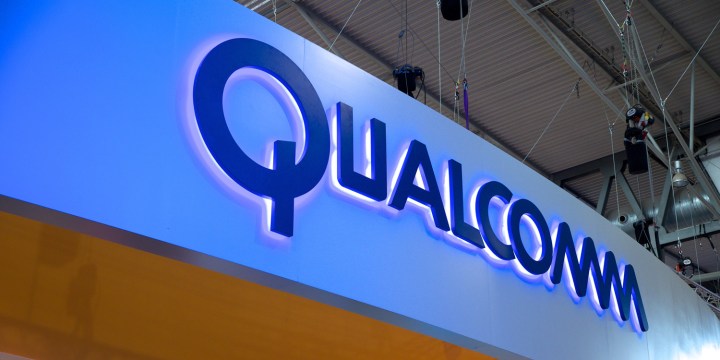
The Commission’s report claims that Qualcomm abused its standard-essential patents — which define technical standards like Wi-Fi and 4G — to prevent Samsung from selling its modems, integrated processors, and other chips to smartphone makers like LG, Huawei, Xiaomi, and others. The Commission reportedly threatened to file suit against Samsung, which had agreed to license the patents for an undisclosed sum, if the South Korean electronics maker began competing against it in the mobile market.
That bullying ran afoul of the South Korea Trade Commission’s rules, which require that standards-essential patents be licensed on fair, reasonable, and non-discriminatory (FRAND) terms. “Samsung Electronics has been blocked from selling its modem chips to other smartphone manufacturers due to a license deal it signed with Qualcomm,” the commissioners wrote.
The report provides legal justification for the $853 million fine the SKTC placed on Qualcomm in December for “anti-competitive practices.”
Qualcomm intends to appeal. “[We] strongly disagree with the KFTC’s announced decision, which Qualcomm believes is inconsistent with the facts and the law, reflects a flawed process, and represents a violation of due process rights owed American companies” under an applicable agreement between the U.S. and South Korea.
Since late last year, Qualcomm has been embroiled in a tangled legal battle involving Apple, the U.S. Federal Communications Commission, and South Korean regulators. In January, Qualcomm was sued by the U.S. Federal Trade Commission for allegedly using its industry dominance to elbow out the competition. The FTC reports that it maintained a “no license, no chips” policy in which it refused to sell smartphone chips to companies that didn’t agree to pay inflated royalty fees.
Apple has filed several lawsuits against Qualcomm — in China, the U.K., and the U.S — for imposing “restrictive terms” on the use of its patented technology, and “punishing” Apple for cooperating in a South Korea regulatory probe regarding Qualcomm’s licensing practices.
According to Apple, Qualcomm required the company to pay a percentage of iPhone sales in return for access to Qualcomm technology, and demanded that Apple use Qualcomm chips exclusively between 2011 and 2016. While Apple initially received quarterly rebates under the agreement, Qualcomm began withholding those rebates when the Cupertino, California firm began working with the Korea Fair Trade Commission.
“We are extremely disappointed in the way Qualcomm is conducting its business with us and, unfortunately, after years of disagreement over what constitutes a fair and reasonable royalty, we have no choice but to turn to the courts,” an Apple spokesperson said in February.


